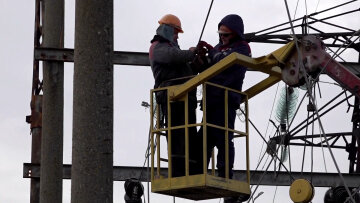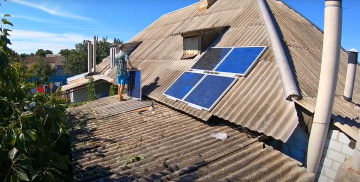In the event of potential large-scale power outages, it is crucial to prepare in advance to maintain comfort and safety.
For instance, to ensure communication and internet access, it is best to choose providers that operate on xPON technology. This is a robust type of fiber-optic connection that continues to function even during outages when connected to a power bank.

This system can operate independently for up to three days. If your provider uses outdated technology, they will not provide internet access during power outages.
In case of mobile communication issues, it is advisable to use national roaming, which can be accessed through your phone's settings. This allows for automatic switching to another operator's network if the current one is unavailable. It is also recommended to have multiple SIM cards from different operators to minimize the risk of complete communication loss.
To charge devices at home, use powerful power banks. Charging stations that can be connected to household appliances and routers are particularly popular.
Residents of private homes can utilize generators. It is important to remember that generators require fuel and should be placed outdoors or in well-ventilated areas to prevent the accumulation of exhaust gases.
Solar panels are another popular solution. They are suitable for private homes and can be installed on roofs or other open spaces. For apartments, there are compact panels that can charge small devices.

To heat water during outages, you can use gas stoves, camping burners, or thermoses. It is also recommended to prepare warm clothing and blankets in advance to minimize heat loss.
Additionally, it is wise to purchase candles, flashlights, and other battery-operated lighting devices ahead of time. Having a supply of non-perishable food and water is also beneficial.
There are also "Points of Invincibility" where you can charge devices, warm up, and access the internet. You can find the nearest point through the "Diia" app.